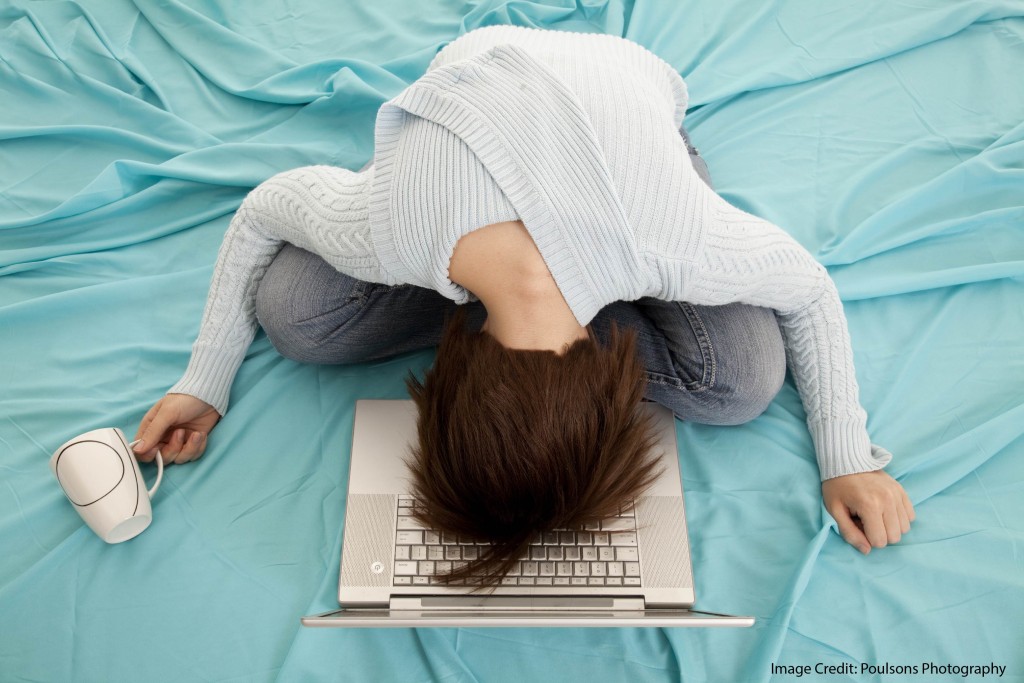Here’s a handy review of the effects that bright computer and tablet screens have on sleep. (Hint: they’re not helping.)
Author Viatcheslav Wlassoff concludes with a few simple hints on how to reduce the detrimental effects of screens on melatonin.
July 14-18, 2025 ● Santa Barbara, CA
July 14-18, 2025 ● Boston, MA
July 14-18, 2025 ● Santa Barbara, CA
July 21-25, 2025 ● Santa Barbara, CA
July 21-25, 2025 ● Santa Barbara, CA
July 21-25, 2025 ● Boston, MA
Here’s a handy review of the effects that bright computer and tablet screens have on sleep. (Hint: they’re not helping.)
Author Viatcheslav Wlassoff concludes with a few simple hints on how to reduce the detrimental effects of screens on melatonin.
Andrew began his classroom life as a high-school English teacher in 1988, and has been working in or near schools ever since. In 2008, Andrew began exploring the practical application of psychology and neuroscience in his classroom. In 2011, he earned his M. Ed. from the “Mind, Brain, Education” program at Harvard University. As President of “Translate the Brain,” Andrew now works with teachers, students, administrators, and parents to make learning easier and teaching more effective. He has presented at schools and workshops across the country; he also serves as an adviser to several organizations, including “The People’s Science.” Andrew is the author of "Learning Begins: The Science of Working Memory and Attention for the Classroom Teacher."
